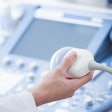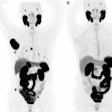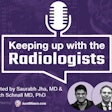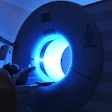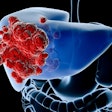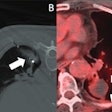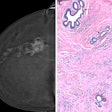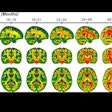More in Home
Which interventions can increase breast cancer screening uptake?
November 10, 2025
AR improves ergonomics in interventional radiology
November 7, 2025
Beetroot-based contrast agents show promise for abdominal MRI
November 7, 2025
Training boosts performance of pediatric appendicitis ultrasound
November 7, 2025
PSMA-PET visualizes treatment response in liver cancer
November 6, 2025
Study examines benefits of a CT power-save mode
November 5, 2025
MRI shows myelination patterns across early childhood
November 4, 2025


















